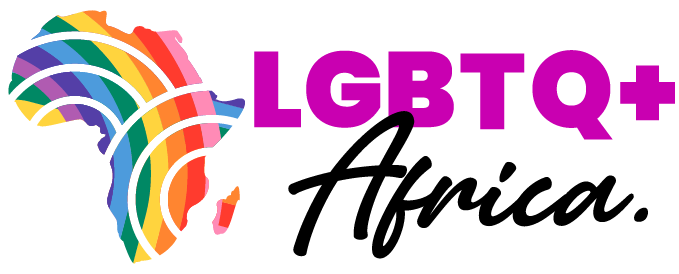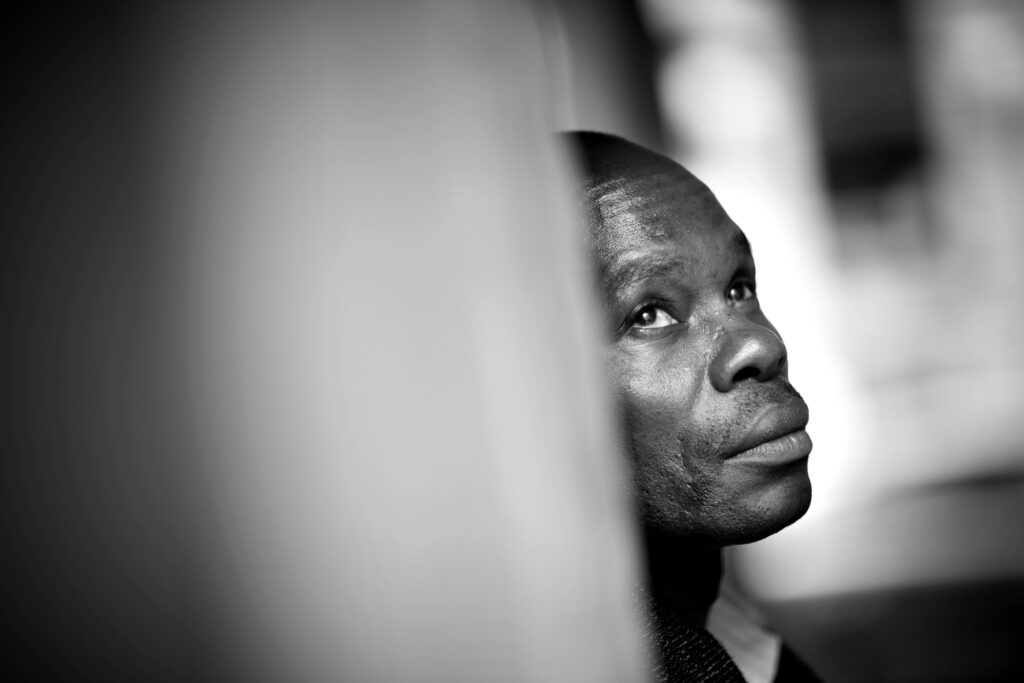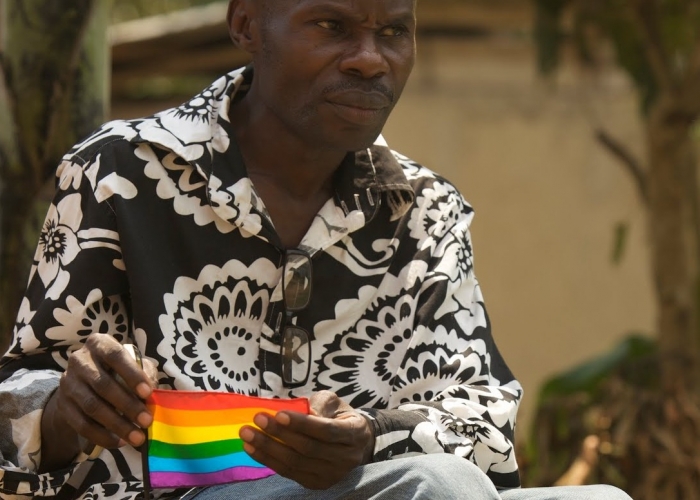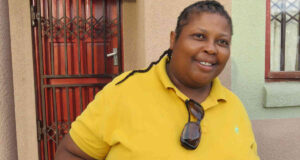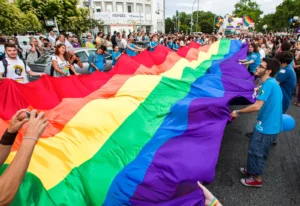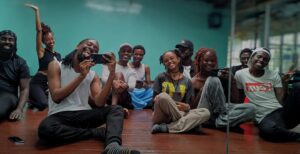David Kato was a Ugandan teacher and LGBTQ+ rights activist whose fearless advocacy for queer rights made him a prominent figure in the fight against homophobia in Uganda. At a time when homosexuality was not only stigmatized but also criminalized, Kato stood up for the rights of LGBTQ+ individuals, even in the face of immense personal risk. His murder in 2011 shocked the world and brought international attention to the plight of LGBTQ+ people in Uganda and across Africa. Kato’s legacy continues to inspire activists fighting for equality and justice.
Early Life and Awakening
David Kato was born in 1964 in Uganda, a country where homosexuality has long been taboo and, under colonial-era laws, criminalized. Growing up, Kato was deeply aware of the discrimination and violence faced by LGBTQ+ individuals in his community. Despite the risks, he embraced his identity as a gay man and became determined to fight for the rights of others like him. Kato’s activism began in the early 2000s when he joined Sexual Minorities Uganda (SMUG), an organization advocating for the rights of LGBTQ+ individuals. His passion for justice and equality quickly made him one of the most vocal and visible activists in Uganda.
Activism with Sexual Minorities Uganda (SMUG)
As a founding member of SMUG, David Kato played a pivotal role in advocating for LGBTQ+ rights in Uganda. His work focused on challenging stigma, providing support to queer individuals, and fighting against discriminatory laws and policies.
- Challenging Stigma and Discrimination: Kato organized workshops, community meetings, and public campaigns to raise awareness about LGBTQ+ issues and challenge the deep-seated homophobia in Ugandan society. He provided support to LGBTQ+ individuals who had been ostracized by their families, evicted from their homes, or faced violence because of their sexual orientation or gender identity.
- 2. Fighting the Anti-Homosexuality Bill: In 2009, the Ugandan government introduced the Anti-Homosexuality Bill, which proposed harsh penalties for LGBTQ+ individuals, including life imprisonment and, in some cases, the death penalty. The bill also criminalized the “promotion” of homosexuality, putting activists like Kato at even greater risk. Kato was at the forefront of the fight against the bill, organizing protests, lobbying policymakers, and raising awareness about its devastating impact. His efforts helped to mobilize international opposition to the bill, which was eventually struck down by Uganda’s Constitutional Court in 2014.
The Rolling Stone Newspaper and “Hang Them” Campaign
In 2010, David Kato and other LGBTQ+ activists faced a new wave of danger when the Ugandan newspaper Rolling Stone (unrelated to the American magazine) published a list of 100 alleged homosexuals under the headline “Hang Them.” Kato’s name and photo were included in the list, along with those of other activists and LGBTQ+ individuals.
- Legal Battle Against Rolling Stone: Kato, along with two other activists, sued Rolling Stone for invasion of privacy and incitement to violence. In a landmark ruling, the Ugandan High Court ordered the newspaper to stop publishing the names and photos of alleged homosexuals and awarded damages to the plaintiffs. The case was a significant victory for LGBTQ+ rights in Uganda, but it also put Kato and other activists at even greater risk.
- Escalating Threats: Following the publication of the list, Kato faced increasing threats and harassment. He was forced to move frequently and take extra precautions to protect his safety. Despite the dangers, he remained committed to his activism.
The Tragic Death of David Kato
On January 26, 2011, David Kato was brutally murdered in his home in Mukono, Uganda. His death sent shockwaves through the LGBTQ+ community and the broader human rights movement. While the circumstances of his murder remain unclear, many believe it was linked to his activism and the anti-LGBTQ+ climate in Uganda. Kato’s death sparked international outrage and brought global attention to the dangers faced by LGBTQ+ activists in Uganda and across Africa. His funeral was attended by hundreds of mourners, including fellow activists, friends, and family, but it was also marred by homophobic rhetoric from a local pastor, highlighting the deep-seated prejudice that Kato had spent his life fighting against.
Legacy and Impact
David Kato’s legacy is one of courage, resilience, and unwavering commitment to justice. His work and sacrifice have had a profound impact on the LGBTQ+ rights movement in Uganda and beyond.
- Inspiring a Global Movement: Kato’s death galvanized the global LGBTQ+ rights movement, prompting calls for greater protection for queer individuals and activists. His story was featured in documentaries, news articles, and human rights campaigns, bringing international attention to the struggles faced by LGBTQ+ people in Uganda.
- The David Kato Vision and Voice Award: In honor of Kato’s legacy, the David Kato Vision and Voice Award was established in 2011. The award recognizes individuals and organizations that demonstrate exceptional courage and leadership in advocating for LGBTQ+ rights. Recipients have included activists from around the world, ensuring that Kato’s vision of equality and justice continues to inspire others.
- A Symbol of Resistance: David Kato’s life and work have become a symbol of resistance against homophobia and injustice. His courage in the face of immense danger serves as a reminder of the power of standing up for what is right, even in the most challenging circumstances.
The Road Ahead
The fight for LGBTQ+ rights in Uganda is far from over. Homosexuality remains criminalized, and LGBTQ+ individuals continue to face violence, discrimination, and social exclusion. However, David Kato’s work has laid the foundation for a more inclusive and equitable society.
Key steps to advance LGBTQ+ rights in Uganda include:
- Decriminalization: Advocating for the repeal of laws that criminalize homosexuality.
- Protection for Activists: Ensuring the safety and security of LGBTQ+ activists, who often face threats and violence.
- Education and Awareness: Challenging stereotypes and prejudices through education and public awareness campaigns.
- International Support: Building partnerships with international organizations to amplify the voices of LGBTQ+ activists in Uganda.
Conclusion
David Kato’s life and work are a testament to the power of courage and conviction in the face of adversity. His fearless advocacy for LGBTQ+ rights in Uganda has left an indelible mark on the fight for equality and justice. While his death was a tragic loss, his legacy continues to inspire activists around the world to stand up for the rights of LGBTQ+ individuals and to fight for a more inclusive and equitable society.
As we remember David Kato, we honor his memory by continuing the work he began—challenging stigma, advocating for justice, and ensuring that everyone, regardless of their sexual orientation or gender identity, can live with dignity and freedom. In his own words, “We are not asking for special rights. We are asking for the same rights as everyone else.” David Kato’s life and work embody this spirit, reminding us of the importance of standing up for what is right, no matter the cost.
